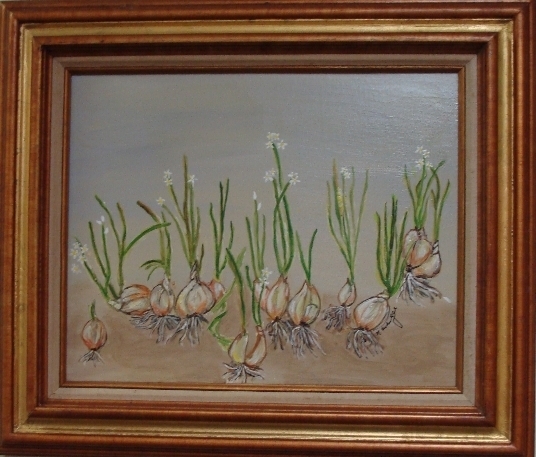
Years ago, my mother asked my fiancé to unreel an onion for a dish she was cooking. He peeled the layers away until there was nothing, and looked up not knowing what to do.
A Society Creating Itself
When British poet WH Auden moved to the United States in 1939, it wasn’t because of the war. It was because he wanted to live in a society that was creating itself. During that time, the question of whether Communism or Capitalism was the superior system was on many people’s minds. Note, I didn’t mention democracy or authoritarianism, but rather the economic structure that drives daily life.
It’s been eighty years since the start of the second world war. Communist countries like Russia and China, have since loosened their policies to include free market competition. Capitalist countries like ours have embraced socialist ideals. We now have welfare programs and aid organizations. Through social engineering and because of modernization across the globe, the two economic systems no longer battle for superiority as they become more alike than different. As technology continues to advance, both systems face the challenge of adapting to technologies never imagined. Facebook and Twitter have already caused social and moral confusion that turned society topsy-turvy.
Entrepreneurs believe that their inventions will better society and give people an improved quality of life. What they say they want is to increase happiness in this life. This differs from a religious goal that considers life to be a test to go through to reduce suffering in the afterlife. Because people are innately curious, research will continue with developments in artificial intelligence and genetics leading to upheaval as great as the industrial revolution.
Naysays think that claims that society is better off are misguided, and most people across the globe agree according to a study by Ruut Veenhaven published in the National Library of Medicine. Negativity prevails when people contemplate drug use, criminality, ethnic troubles, terrorism, and labor disputes. Ecologists point to pollution, global warming, and the degradation of nature, adding to our unease. People from all parts of the world believe we are drifting away from human nature and on an uncontrollable downward slide to paradise lost. They think that the past was better and today worse for the average person. Their claims are made even though we live longer and better than the kings of yesteryear.
If life is so awful, isn’t it surprising that we continue to promote modernization? If the average person can’t cope with change won’t capitalism collapse? If the future is more stressful, unhealthy, and less satisfying won’t communism dwindle?
The 2022 World Happiness Report was issued after three years of Covid, the breakout of war in Ukraine, extreme weather events, and a looming economic crisis. Yet, despite it all, global reports of personal happiness haven’t dropped significantly. The most hopeful finding reported was that humans are remarkably resilient in the face of crisis and catastrophe.
Investigators believe that happiness is driven by benevolence and generosity, the freedom to choose what you do with your life, and having balance, harmony, money, and health. If this is so, then what about using these indicators as a strainer to evaluate innovations that affect our future? Native American elders consider the next seven generations before making a decision. The rest of society might do well to be grounded in that approach.
You and I and our children have the chance to participate as society recreates itself. Let’s get energized, not fearful, and do it with as much forethought as the nation’s founders did when drafting the constitution. Ask whether what we are doing will give us more freedom, and make us better balanced and less stressed. Will we be able to live harmoniously with nature, become healthier, and have enough money to care for ourselves? If we keep these questions in mind as modernization continues, we will be in good shape as the nation recreates itself.
References:
Ruut Veenhaven (2010) Life is Getting Better: Societal Evolution and Fit with Human Nature. National Library of Medicine. retrieved from https://www.ncbi.nlm.nih.gov/pmc/articles/PMC2848343/
@022 World Happiness report website. retrieved from https://worldhappiness.report/ed/2022/overview-on-our-tenth-anniversary/
It is wonderful to hear from you. Please comment below.
Art is always for sale. Onions is a framed acrylic painting on canvas / 24” x 28”/ Available for @299. For information contact me at marilynne@eichingerfineart.com
